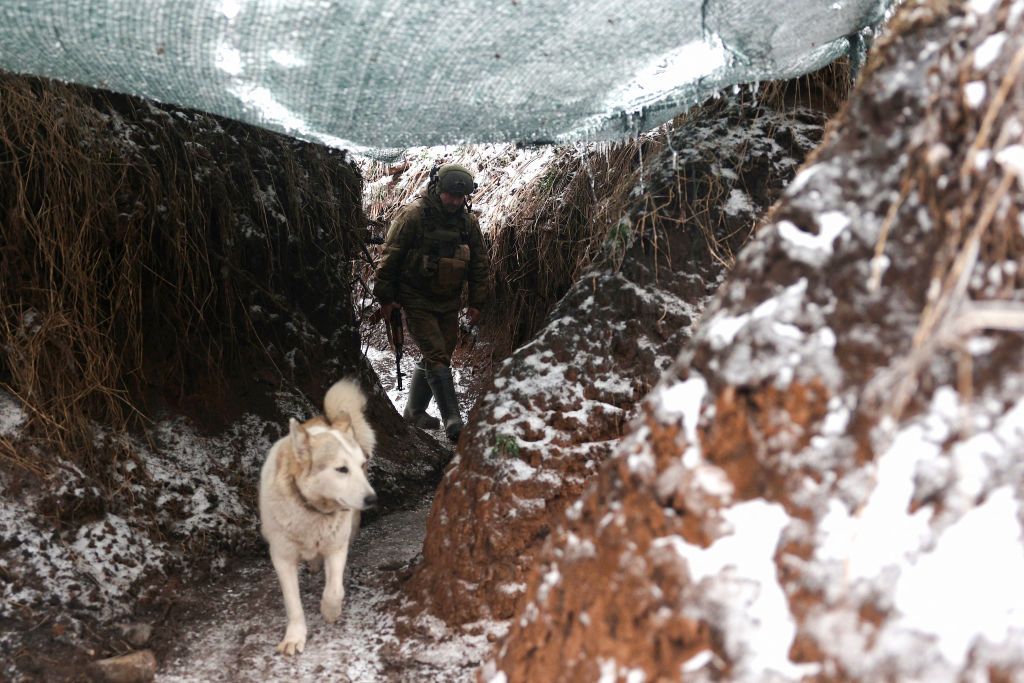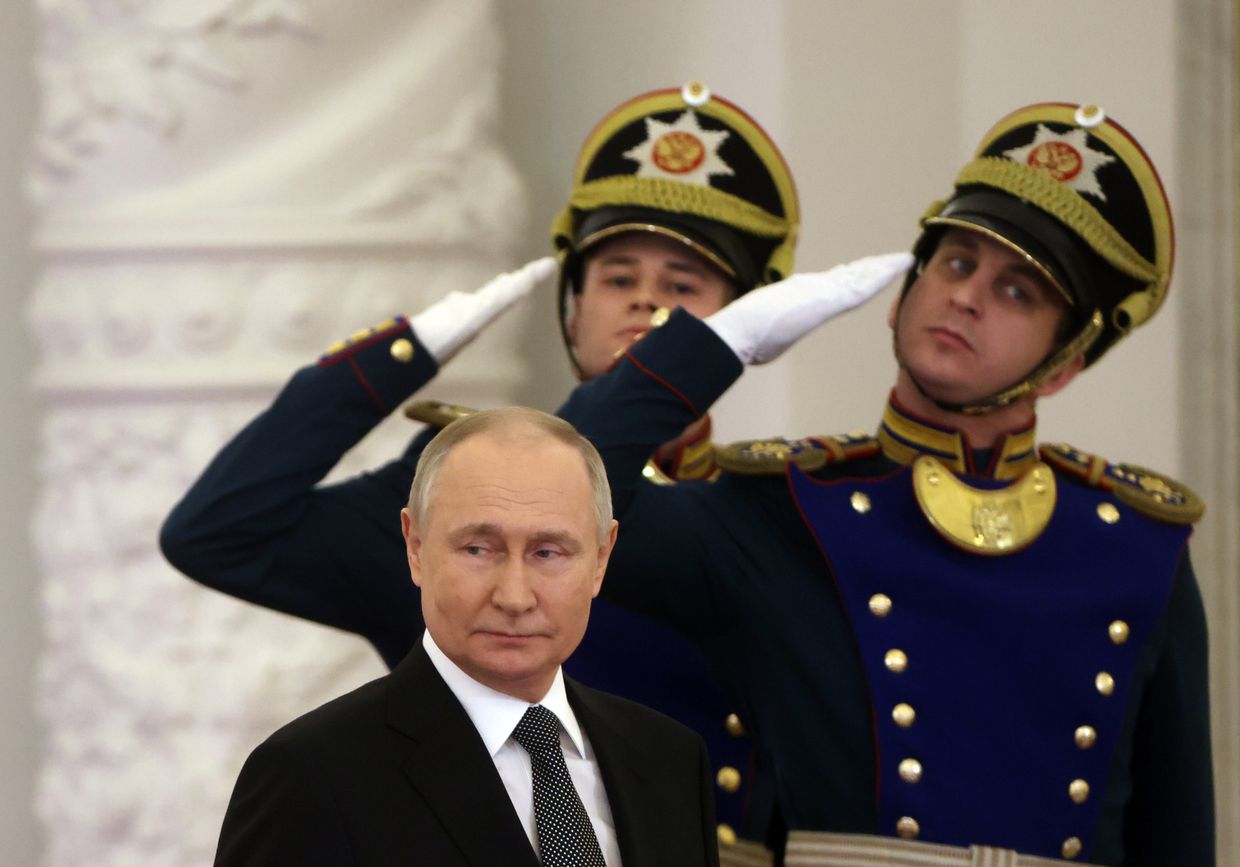ISW: Russia’s alleged capture of Marinka unlikely to allow for rapid operational advances

Russia’s potential capture of Marinka in Donetsk Oblast represents a limited tactical gain and doesn’t allow for any operational significant advance unless Russian forces have considerably improved their ability to conduct rapid mechanized forward movement, “which they show no signs of having done,” the Institute for the Study of War (ISW) said.
Russia claimed to have fully captured the town on Dec. 25, but Ukraine’s Commander-in-Chief Valerii Zaluzhnyi said the next day that Ukrainian troops remained in Marinka’s northern part.
The ISW, a U.S.-based think tank, assesses that Russia’s military likely controls “most if not all of Marinka,” despite the lack of visual confirmation of the complete capture of Marinka as of Dec. 26.
Russian dictator Vladimir Putin claimed, as cited by the ISW, that the capture of Marinka would allow Russia to push Ukrainian combat units away from occupied Donetsk and establish a wider operational space for Russian troops.
However, the small and completely destroyed town does not offer Russian forces a reliable operational foothold for further offensive actions, the ISW argued.
Since the start of its all-out war against Ukraine in February last year, Russia reportedly advanced roughly three kilometers in depth into Marinka, which Ukraine has heavily fortified since Russia’s first invasion of the Donbas in 2014.
“There are no indications that the rate of Russian advance to the next settlements identified as tactical Russian objectives will be any quicker, especially considering the rate of attrition that Russian forces suffered to capture a small settlement directly on the border of territory Russia has controlled since 2014,” reads the ISW’s assessment.
“Russian forces have not conducted any offensive operation that resulted in a rapid and mechanized forward advance since spring 2022, and Russian capabilities to conduct the mechanized maneuver that would be required for such an advance have been severely degraded.”
Marinka, which had a pre-war population of around 9,000, lies immediately west of the regional capital, Donetsk, which has been occupied by Russia since 2014.












